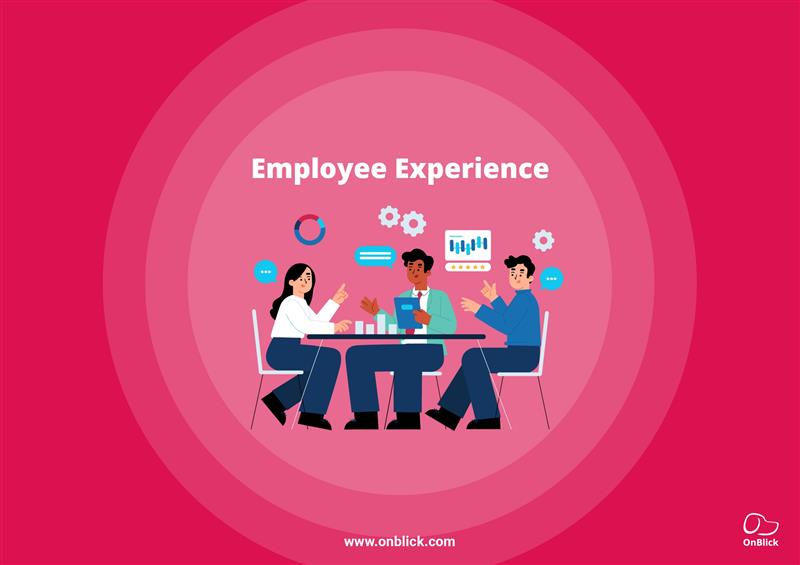The era of extended remote work began after the outbreak of the pandemic. It’s no secret that performance assessments help improve the productivity of remote employees. However, getting started with a performance review can be overwhelming, especially when the situation is quite different from how it used to be.
This article aims to provide an overview of evaluating remote workers’ performance to make things better and happening.
Performance Evaluation and Remote Work
Several companies that opted for remote work during the pandemic are still continuing due to the situation’s complexity. As the employees are home or somewhere else away from the team, there are possibilities that their work is hindered. The noise or other distractions around the new workspace is a real threat for the employees. The productivity and progress of the company can be at stake in such situations.
Performance evaluation or performance review is a process that helps individuals and teams achieve their goals and objectives even during the pandemic. It should be carried out in a manner aligned with the organization’s goals and culture. By assessing employees’ varying behaviors and skills in remote working spaces, managers can gauge where they stand in terms of their performance. They also help identify areas of improvement that the organization could improve.
By and large, the concept of performance evaluation is discarded in favor of performing from afar. But that increases the likelihood of employees avoiding the process altogether, which is a significant challenge for any affluent company.
Remote employee performance review is inevitable
- Performance evaluation cycles help determine employees’ achievements against expectations and manage them efficiently. They are non-negotiable.
- Performance evaluations help managers identify areas of weakness and motivate employees to improve. They also provide a realistic view of how far they are from achieving their goals.
- During a pandemic, goals may change, and the organization’s expectations may also vary. This means that employees should be focused on their personal development and growth instead of the company’s pre-pandemic objectives.
- Performance reviews are not about asking for a raise or weeding out poor performers. Instead, they are about strengthening the company culture and its values.
- Communication between remote employees and their managers is an essential component of a performance review.
- There should be a balanced dose of performance feedback. Employers’ feedback should help employees improve their performance.
Prepare a successful performance review for remote employees
Performance management is an integral part of any organization. As stated above, evaluating your employees should be an ongoing feedback and engagement survey. Review questions should focus on the learnings of the individual, as well as the skills needed to work remotely.
Having the right questions for the remote performance review is very important. Doing so will help you gauge how well the individuals perform and develop practical questions to assess how they feel. In addition, this step will ensure that the people leading the organization know what to expect during the review.
Inform your teams beforehand. This step is essential to let them prepare for the reviews in advance. Reviewing employees is a time-consuming process that can be automated through a performance management tool. It saves you time and lets you keep track of all the essential details of the process.
Tips for evaluating the performance of a remote workforce
Plan ahead: Managers should prepare for various challenges remote employees might face. For example, employees might require multiple tools and resources to perform their assigned tasks. It is always safe to be vigilant of any upcoming crisis to get satisfactory solutions ahead of time.
Set objectives: As a manager, it is your primary responsibility to set goals and objectives for your remote employees. Preparing for the challenges that remote employees might face is an important step. This can help minimize the risk of experiencing technical problems that prevent them from performing according to expectations. Create clear and consistent goals and strategies so that your employees understand how to meet these goals.
Encourage self-evaluation: Ask them to identify the areas where they can improve and develop their skills to be more effective. Finally, motivate your employees to evaluate themselves to clear any loopholes. A self-evaluation will always help them improve their performance. In addition, having frequent conversations with employees about their performance helps encourage them and increases their morale.
Stay connected: Performance management refers to the process of continuously monitoring an employee’s performance. It is also used to evaluate and motivate them. You can also encourage them to self-evaluate by asking them to list the areas where they think they are good and could improve. Plan regular online meetings with employees to keep them up to date with their progress.
Trust them: Trust your employees. It might be simple, but what comes next is a significant factor that any company can’t ignore - Team spirit. When employees trust the company, they build team spirit, giving more productivity.
Track it: Reviewing is an essential step in the process of assessing the quality of work that’s been delivered. Having clear communication with all the employees is also vital to ensure everyone is on board. By monitoring the progress of the team or individuals, you will be able to identify the issues that are holding them back.
It’d be great if the employees get some assistance in articulating observed behaviors or performance while completing a review. There can be a period for the team to review and time for confronting the issue. You can plan a span of about 7 working days initially and then cut it short into 2-3 working days once you find everything is going well. It can also help avoid wasting everyone’s time.
In Conclusion
Employers should conduct performance reviews for remote workers to help improve the employees’ morale and make them more productive. These reviews are also beneficial as they are a means for employers to provide feedback to their teams. We hope this article helps your remote workforce to excel despite all the complications the world is in and is going to be.

.gif)

.png)
.png)



.png)








